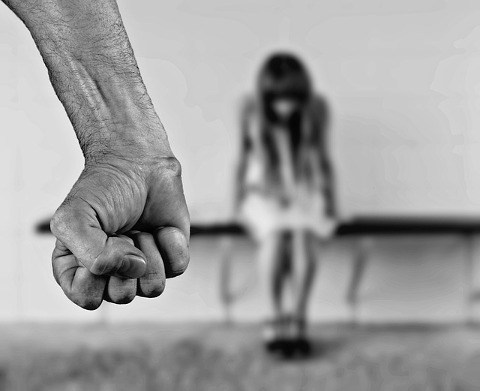Today, I had the opportunity to talk with my mother about child abuse. It was a really eye-opening experience.
I’m one of the lucky ones who grew up very loved by parents in a stable marriage. Mom and Dad have been married since 1978 and are still very much in love. My brother and I, even though we grew up in poverty, had a very good childhood. We never knew the struggles our parents had; they hid a lot from us to protect us, which now as an adult, I greatly appreciate. I’m able to have conversations with my parents, like the one I had today, as an adult when I can fully understand what is going on.
My conversation with my mother went all over the place, but it was really good!
We talked about what child abuse looked like when she was growing up, what it looked like when she was raising my brother and me, and what it looks like today.
We talked about children’s idea of child abuse and that sometimes the term is just thrown out there by children and doesn’t mean to them what it means to adults.
We talked about mandated reporting and the struggles with that.
We talked about foster care and adoption and how all a kid is to be wanted and loved.
She told me plenty of stories about us kids when we were little and that at least time while we were growing up, she was accused of abusing us.
- One time was when she took my brother to the dentist. He had a little bit of decay on a loose baby tooth and the dentist said he’d report my parents to Child Protective Services if she didn’t fill the cavity. She explained that the tooth was loose, and it was a waste of money to fill it when it was bound to fall out soon. He disagreed. She never went back to that dentist.
- The second time was when we were in Walmart and I was being my standard stubborn self. That’s an interesting story that I’ll just let you listen to her tell!
She also told me about some government assistance programs available for single mothers to help them get back on their feet. I think some of these programs are really great, especially because to stay on them, the mothers must attend classes each month. Those classes give the mothers the tools to be successful with raising their children, maintaining a job, and more. I think we need more educational programs like this.
If you’re interested in helping the child abuse situation, I encourage you to consider being a foster family. If this is too big of a step for you, you can still help end child abuse by talking about with friends and family and calling your local Child Protective Services office and asking how you can help!
Thank you for reading this post and I highly encourage you listen to our podcasts! All of them can be found here.










 This could send
This could send 



